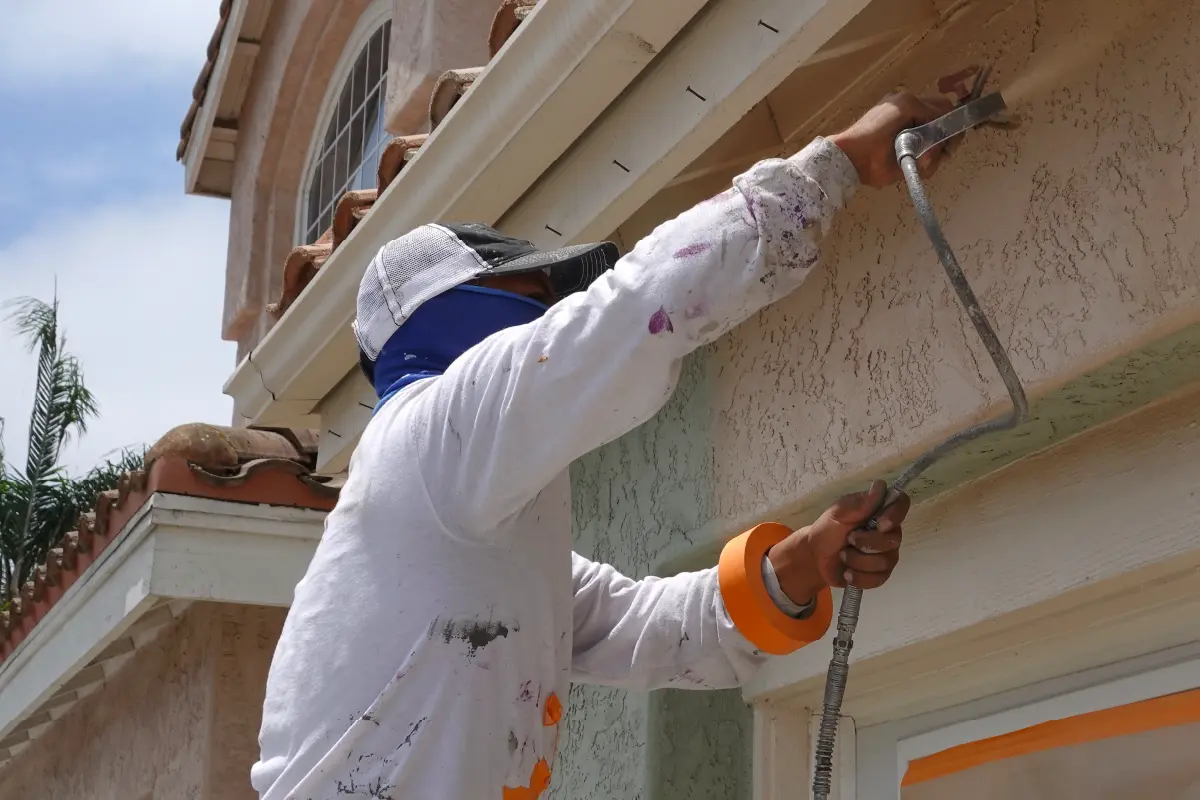
So your business is profitable, your team is growing, and you are ready to offer your services in a new market? That’s great, but now you have to make a crucial decision about which growth strategy is right for your business.
You could seek funding from investors who will share in the risk, but also share a significant amount of the total reward for the entire life of your business. Or you could take the risk to self-finance, going into significant debt, but reaping all the rewards—mindful that the risk of default could be catastrophic to your business.
But there is another expansion option available to you: franchising.
In this article, we introduce how to franchise your field service business, including some of the pros and cons, regulatory and legal requirements, and more.
What is a franchise?
A franchise is a model to grow a business through licensing a reproducible business concept including all trademarks, operational processes, product sourcing, and more. The franchisee (new partner) purchases the rights to open and operate in a new territory or market approved and directed by the franchisor (owner).
The franchisee agrees to follow any and all restrictions imposed by the franchisor including the products to sell, services to render, and more. In exchange, the franchisor is able to collect an initial franchise fee to cover regulatory and training costs, as well as ongoing revenue sharing.
If you have a profitable plumbing business, for example, and you wanted to serve a neighboring city but are already constrained by your teams’ bandwidth to take on jobs outside of your service area, franchising could be your ticket to expand into that market.
You license the rights by selling a franchise to an ambitious plumber in that neighboring city, allowing them to operate under your business name and operating guidelines. They pay you an initial franchise fee and as they hire a team, build their clientele, and advertise in their market. You receive a percentage of the total revenue they accrue.
What is a Franchise Disclosure Document (FDD)?
One of the most important documents when forming a franchise is the Franchise Disclosure Document or FDD.
This is the document that details everything the franchisee should consider before making the final decision to invest in the franchise. The importance of this decision and the level of financial investment is why it is legally required to give the potential franchisee no less than 14 business days to review the FDD before the contract can be signed.
The FDD must fulfill 23 required items including the expected initial investment, ongoing fee structure, restrictions, dispute process, and more. Here are all 23 items that must be included in your FDD:
The FDD typically allows you to sell single-unit franchises, but if a franchisee wants to open multiple units, this comes in the form of a development agreement.
Once the FDD has been reviewed and understood by the franchisee, the franchise agreement is signed to contractually bind the partnership. We recommend the franchisor hire a franchise lawyer to draft the FDD and any franchisee should consult their legal counsel to make sure every item and clause is well understood.
As a franchisor, the FDD is not a one-and-done document and must be updated annually to account for the dynamic environment and as information pertaining to prospective franchisees changes.
Components of a franchise
If you want to franchise your business, it should be well organized, process-driven, and replicable. If you are considering franchising your business, here are the other components you will need to fulfill:
Operations manual
What standards and operating procedures do you want to be upheld by all employees and locations under your franchise? Your processes and approach must be well documented in an operations manual.
This manual is what new franchisees will use to get acquainted with your business and learn how to operate. New employees will be trained on the details of this manual. This is why your operations manual should be easy to understand and also easy to reference when one-off questions arise.
For example, if you franchise your home cleaning service business, you will want to have procedures for how to clean the standard home, and how to handle common situations such as cleaning etiquette when the customer is home.
Intellectual property
Your trademarks and intellectual property should be registered with the United States Patent and Trademark Office.
Trademarks are legally protectable words, slogans, logos, and other visual designs that represent a product from a distinguished source.
Service marks are words, slogans, logos, and other visual designs that represent a service from a distinguished source.
If you have a patented product or process, and you want to protect it from competitors infringing on your design, a patent offers protection for a limited time. Unfortunately, patents are self-regulated, which means that simply having a patent won’t protect you from competitors infringing.
New business formation
When franchising your business, you’ll have to establish a separate entity, including articles of incorporation and separate business bank accounts. This is important because franchise sales will be treated differently than regular operational revenue according to generally accepted account principles.
When you draft your FDD, audited financial statements prepared for potential franchisees to review cash flow and return on investment must not include figures from franchise sales that would skew that data. This and many other reasons is why you should view your franchising efforts as a standalone business.
Franchise sales and marketing plan
You’ve built up a sales and marketing process for your core business, but now you must shift focus to market and sell your business as a product itself. This can be especially difficult if your business is in the service industry since you likely have little experience selling products.
There are franchise brokers that can help facilitate the sales and marketing process for your franchise business. But whether or not you use a third party, having a sales and marketing plan is essential.
From your value proposition, target audience, and brand positioning, your plan should be as granular and detailed as possible. You’ll also want to consider how your existing locations and operations can act as a sales vehicle, through consistency and outstanding customer service, positive word of mouth will help your franchise grow.
Franchising by state
As with nearly all interstate commerce, there are different requirements depending on the states you plan to sell and open franchise locations in.
In franchising, there are three different types of regulation, depending on the state. These are known as registration states, filing states, and non-registration states.
In registration states, an FDD must be registered and approved by state regulatory agencies. In filing states, the FDD must simply be on file. Non-registration states are the easiest because if your franchise is compliant with federal franchising laws, you are eligible to sell and open franchises without any other filings. In every state, the FDD is federally required to be disclosed to franchisees but federal oversight is minimal and compliance is self-regulated.
Examples of successful field services franchises
When you think of a franchise you may think about the big fast-food franchising empires like McDonald’s, 7-Eleven, and Subway. Given their combined more than 130,000 locations worldwide, these are great examples of how impactful franchising can be.
Thankfully, franchising is not exclusive to businesses that sell a product. Service-based businesses can also franchise successfully. Here are a few examples of field service companies that successfully grew into franchising empires:
Servpro
Servpro specializes in home restoration and cleanup, including storm damage, water damage, fire damage, mold remediation, and more. The company was founded in Sacramento, California in 1967 but relocated to Gallatin, Tennessee to be closer to a larger percentage of the U.S. population. The company has expanded to more than 1,700 franchise locations in the U.S. and Canada.
Merry Maids
Merry Maids started as a home cleaning services business in Omaha, Nebraska in 1979. The franchise has grown to over 525 independently owned and operated franchises in North America. The Merry Maid franchisees clean more than 120,000 homes in North America each year.
Rooter-Man
Rooter-Man was established in 1970 as a plumbing business and started franchising in 1981. Since then, the franchise has grown its network to more than 580 locations in the U.S. and Canada.
Franchising your field services business
Although there are many considerations to be made before you decide to move forward with franchising, it is a model for growth that has been proven successful time and again. It’s important to continue learning and iterating your business along the way and maintain your high standards for quality and service.
As your business scales, Housecall Pro scales with you. Our suite of software tools can help you manage your field service business at any size. Sign up for a free trial and see firsthand how features like our simple sales proposal tool, dispatching, consumer financing options, payment services, and much more can make your business more efficient.






